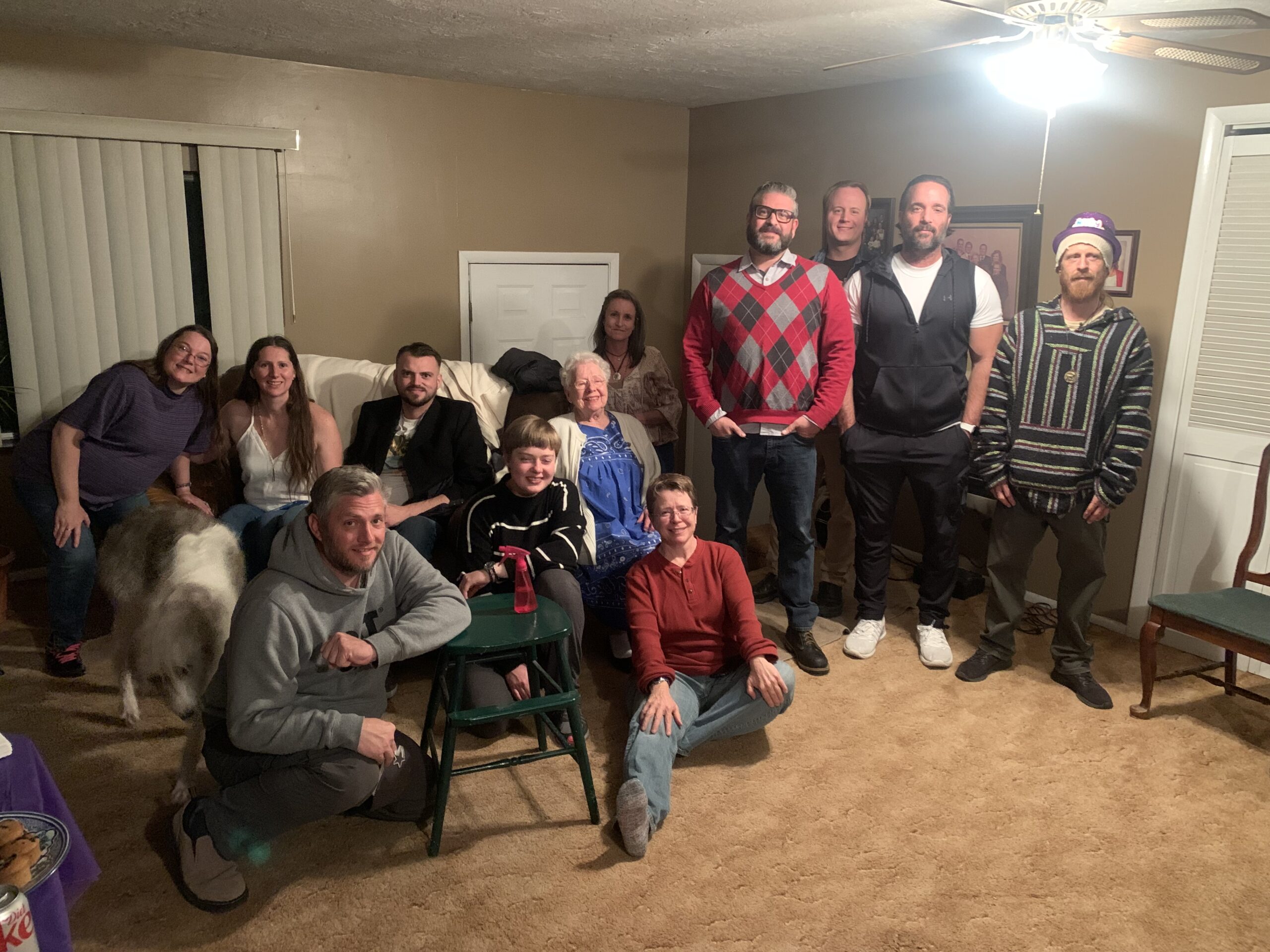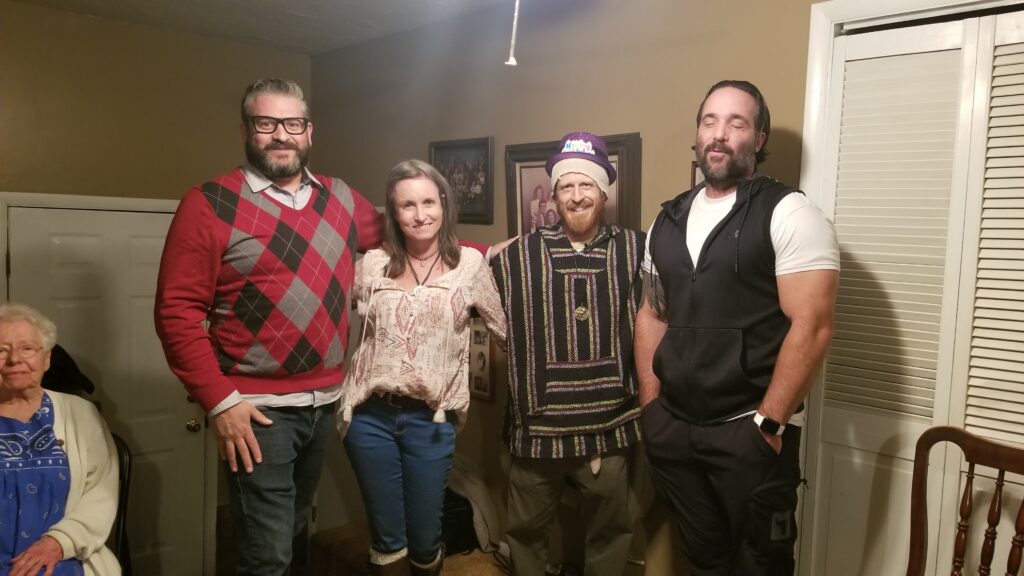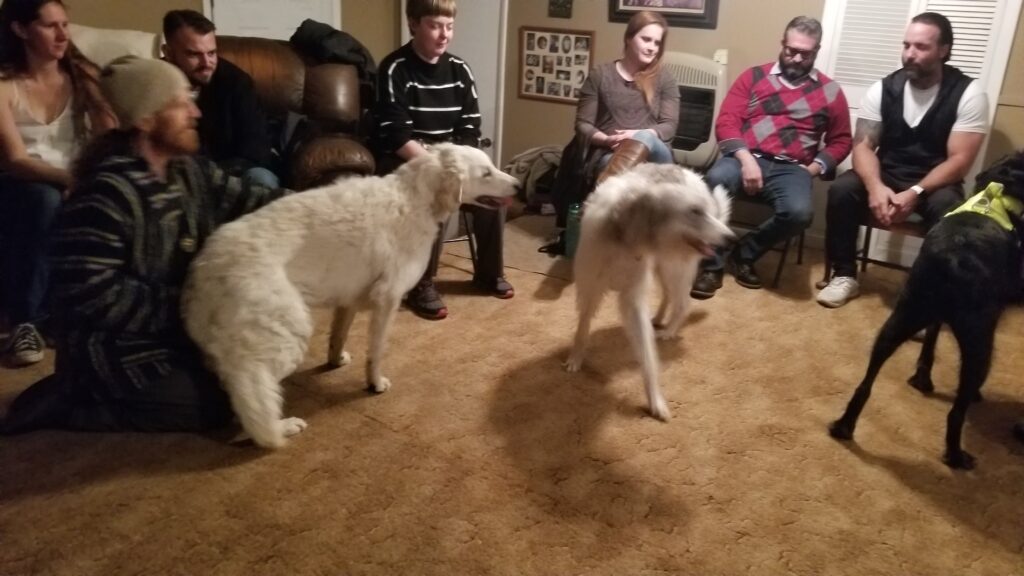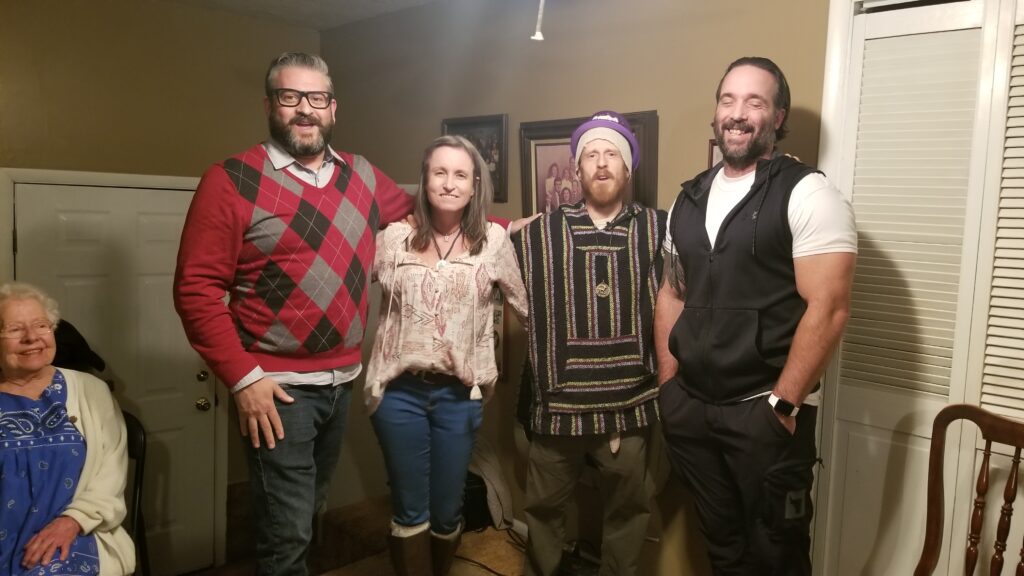Recently I was made aware of a program through the state that encourages people at age 80 to voluntarily stop driving. Obviously the state wouldn’t just take away a person’s license when they turn 80, so it is a voluntary program. After some thought, it is something that I would like to aim for; that is, to voluntarily stop driving by age 80. This would be not only to do my part in reducing pollution for the environment, (although by that time, hopefully there will be cleaner energy alternatives made available to the mainstream), but for consideration and safety reasons too.
Since there is time until I reach that stage, I can begin now to learn, prepare, and mull over it. I can align things to that end. This is not yet a formal commitment (“I only commit when I can commit” -OS), but I am saying that it is food for thought, and something I wish to strive for, a worthy goal for a few people to try maybe, although it may not be for everyone.
I am not planning on “Social inSecurity” (1.) being around when I retire, so I would have to think outside the box in setting up my life so that I can stay afloat should I choose to do this, which is probably a good plan anyway.. Curious though, if Social Security were to go away, what would saving for retirment then be called? ‘Semi-retirement’? ‘Retirement for those who want to, but most of all, those who can‘? If you aren’t working toward a set age which was formerly the age of what was called retirement, what is the point of any of it? And does that age change? Who sets the new age? “I’m no longer working toward retirement, but just toward paying off my house. I still hope I can buy food though”.
A growing number of senior citizens are having to work well into their 60s and 70s just to keep their shelter, eat and basically pay for their own funeral. Sad but true. It is easy to see where humanity has come a long way, yet there is still much work to do in zipping up the remaining loop holes-toward the pursuit of happiness being more enjoyable, more attainable for more than just a few.
A lot of preparation here can be done by the individual. You can see why there is wisdom in taking care of yourself, your health (eating well, exercise, sleep etc.) while young and all throughout life, into the elderly years. This reduces the health problems in those years.
The other side of that coin though is on the community/societal level, an improvement of programs and infrastructures.
One beneficial program that I can attest to about Utah is its excellent public transportation system, between the buses, trax and Frontrunner, getting around is slick for people of any age.
Many facts and figures from my eye-opening Social Problems class about the “whiting of America” come to mind. An added ammendment to this program could be an improved and expanded infrastructure, and broadened awareness of seniors’ needs. This would involve more of a connection between society and senior citizens’ community centers being made more accesible, not to mention more of a respect for elders stemming from the ground up in society. (Eastern cultures offer a fine example in this way, at least at the roots). Respect for elders still exists in the East and Middle East.
Well funded cooperative assisted living centers as an ammended extension of communities, and not merely another independent business designed solely to maximize profits would play an integral role. Instead of being ostracized on the outskirts, and often part of medical buildings, the strategic, integral location of these centers, designed for ease and assimilation would be a part of the community, and not apart from it.
From a societal standpoint, maybe everyone striving for the same thing, trying to live the same way, isn’t always effective or wise. Maybe scrambling across town depending on where you live to stay warm and buy food is chaotic. More organization and access, especially for the basics is needed. When 80 years old, there could be an improved situation for for senior citizens to live and thrive, even in their own community. For many, staying where they worked and lived for a long time would likely be the most comfortable for those senior years.
There is some time to decide. This is an individual decision; yet, it is one that affects everyone whether directly or indirectly. You thrive even better when others are setup for success and are thriving also, (in the pursuit of life, liberty, happiness” ‘n all).
This may be something worthy of consideration, planning for retirement, the future, life, but from a different perspective. Often, an accurate view that is also good is to think outside the box.
-Owen
1. Get out of debt specialist, Dave Ramsey; Dave Ramsey’s Financial Peace University






